Building Resources for Critical Engagement
Contact
Kofi Annan Institute for Global Citizenship (IGC)Markim Hall, Third Floor 651-696-6655
651-696-6750 (fax)
igc@macalester.edu
facebook twitter
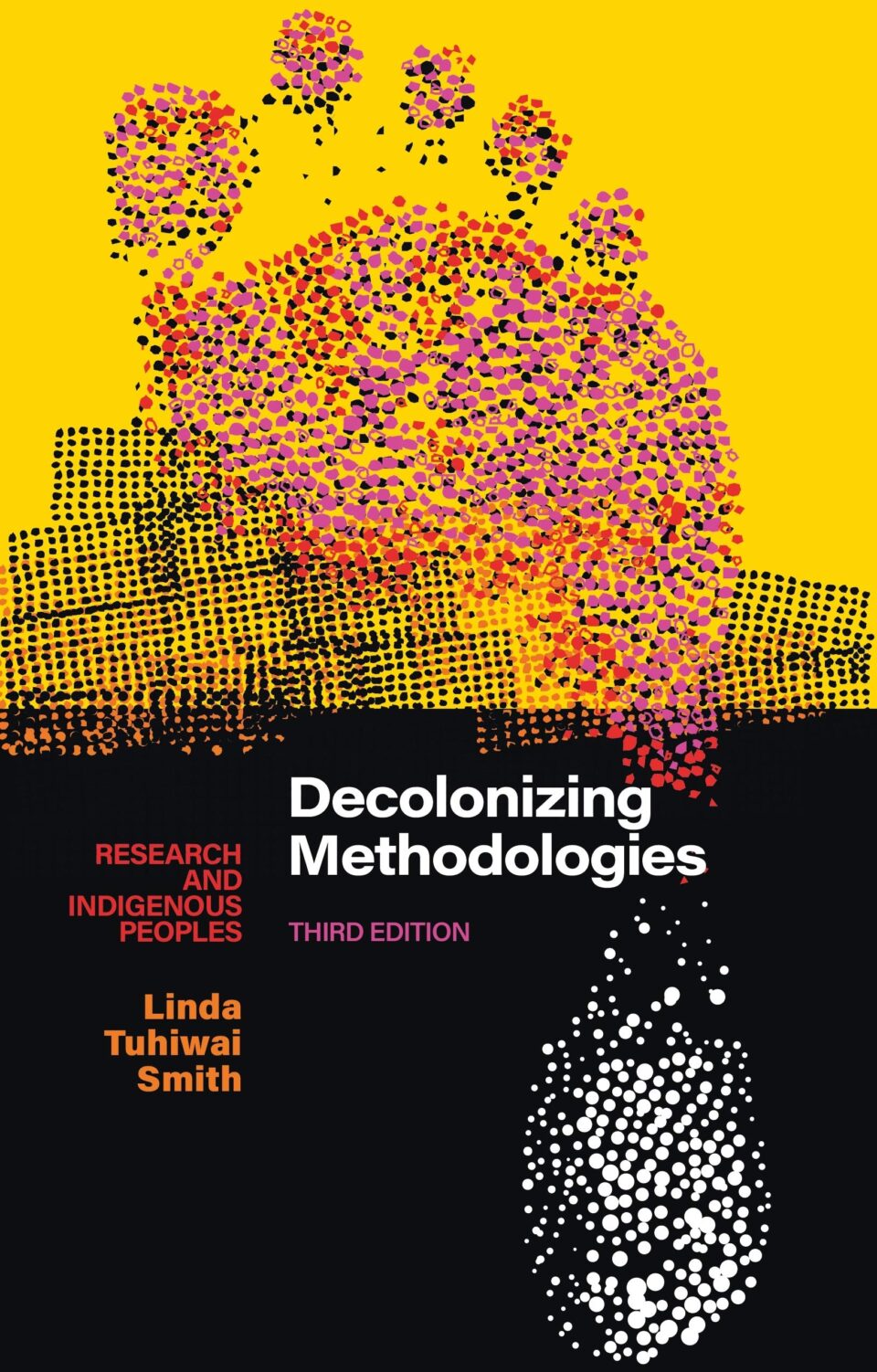
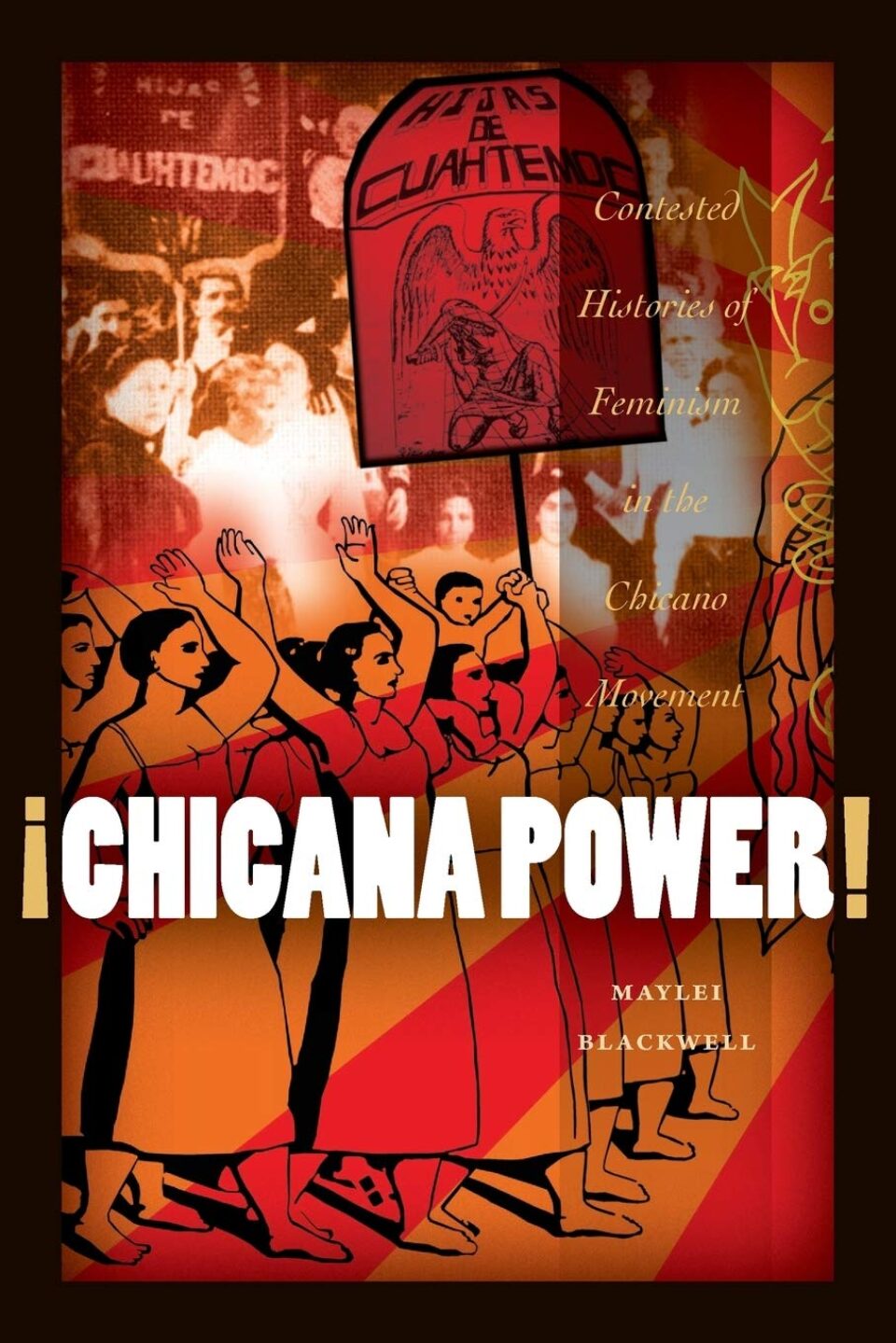
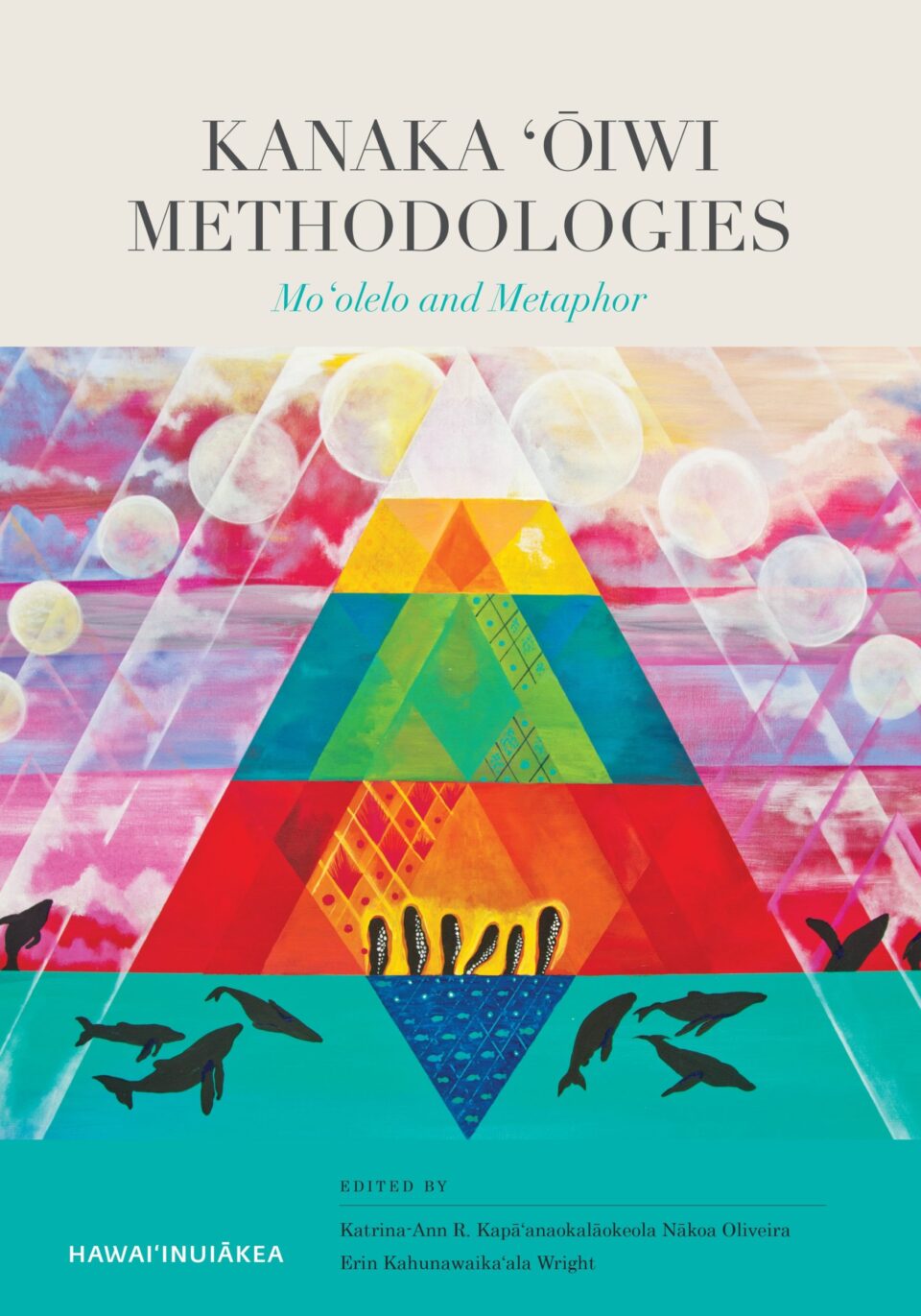
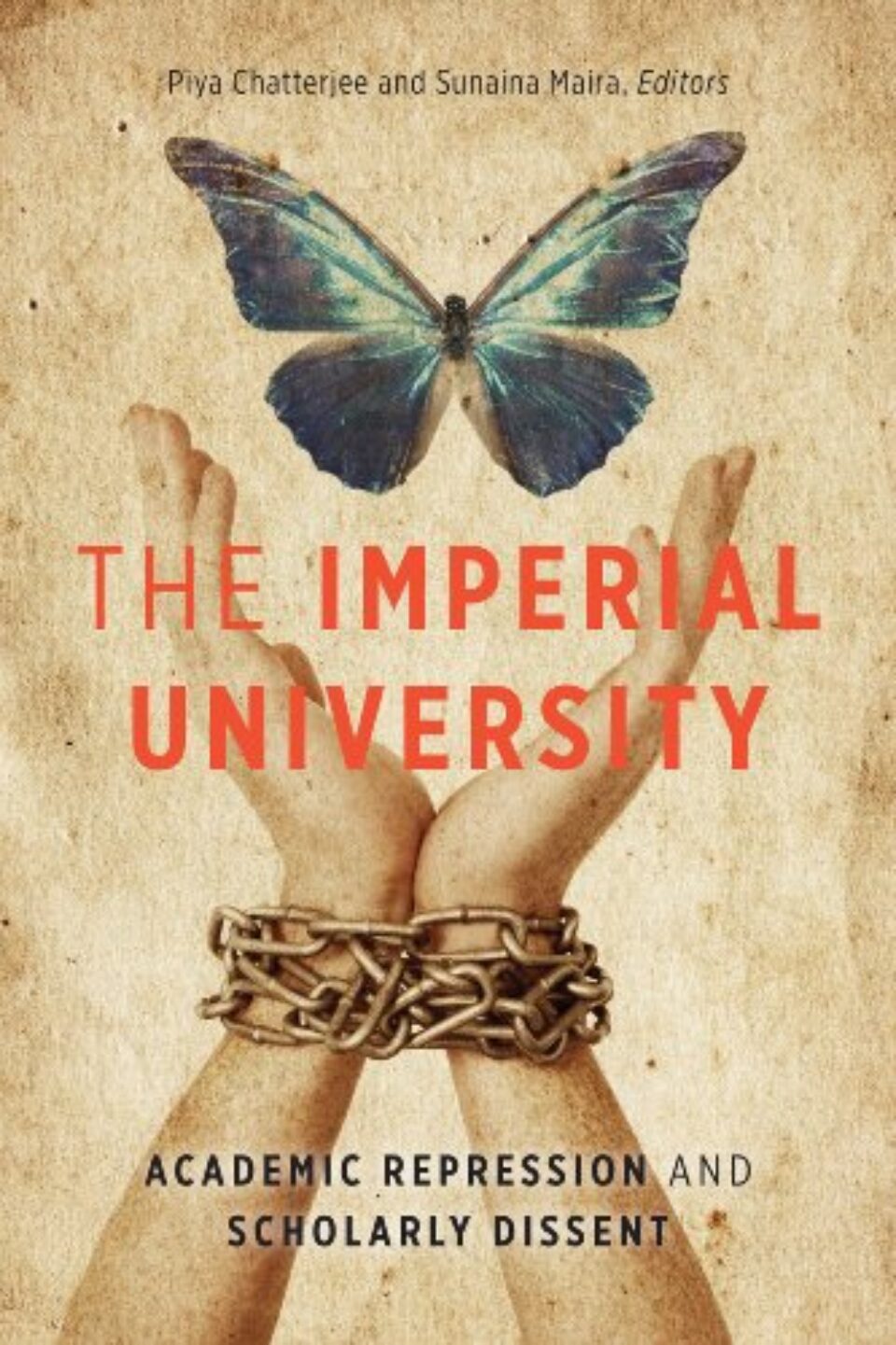
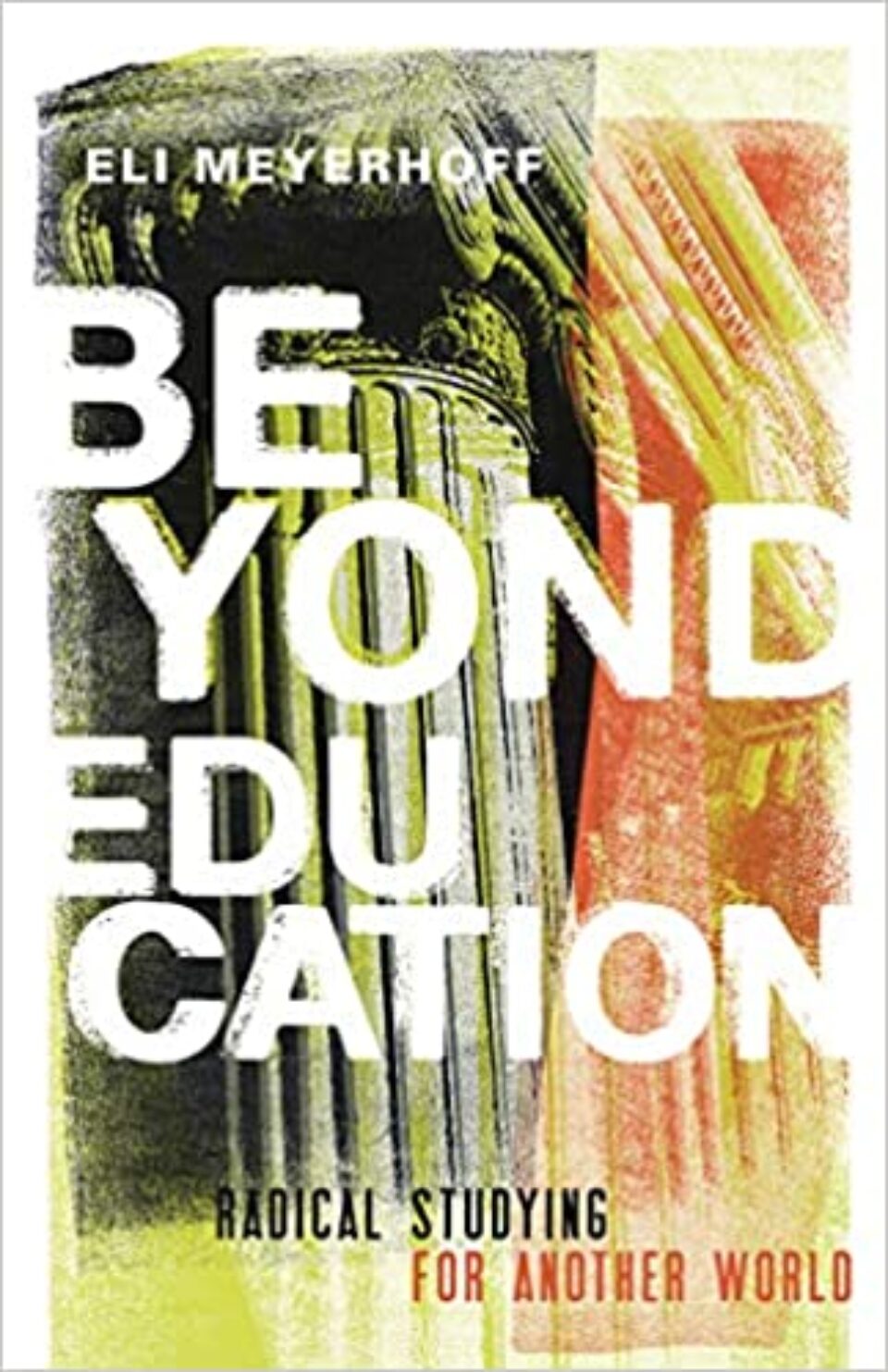
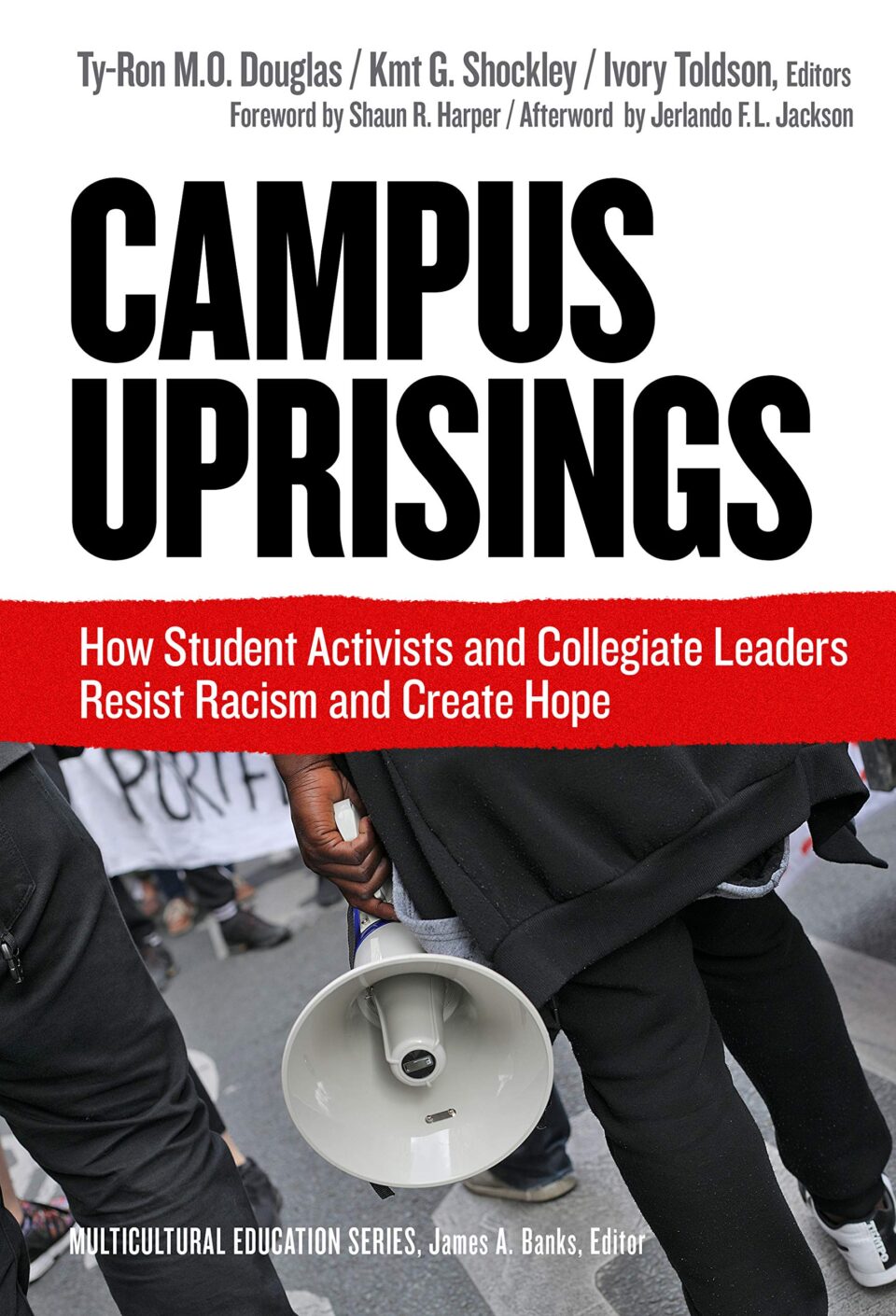
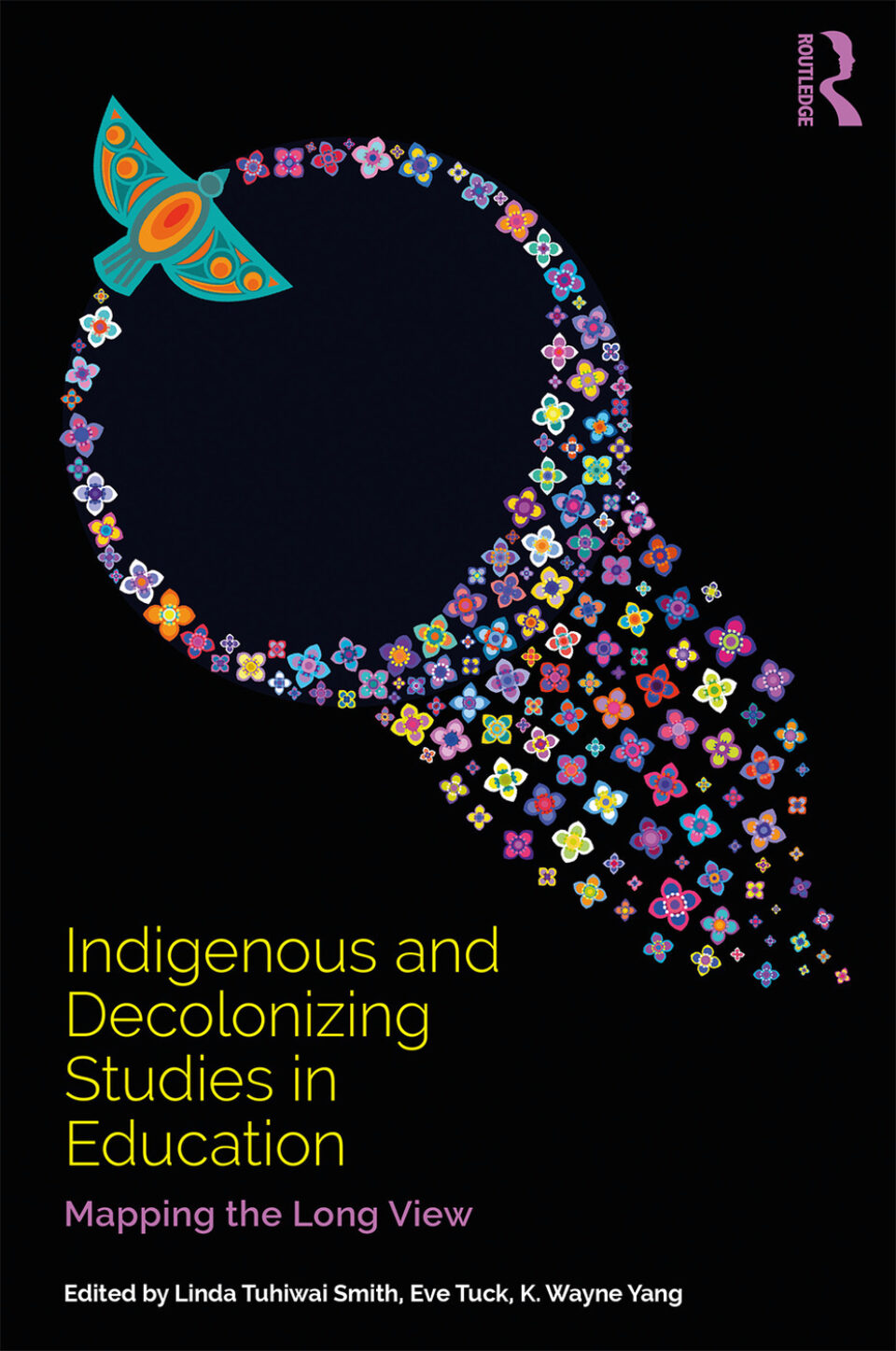
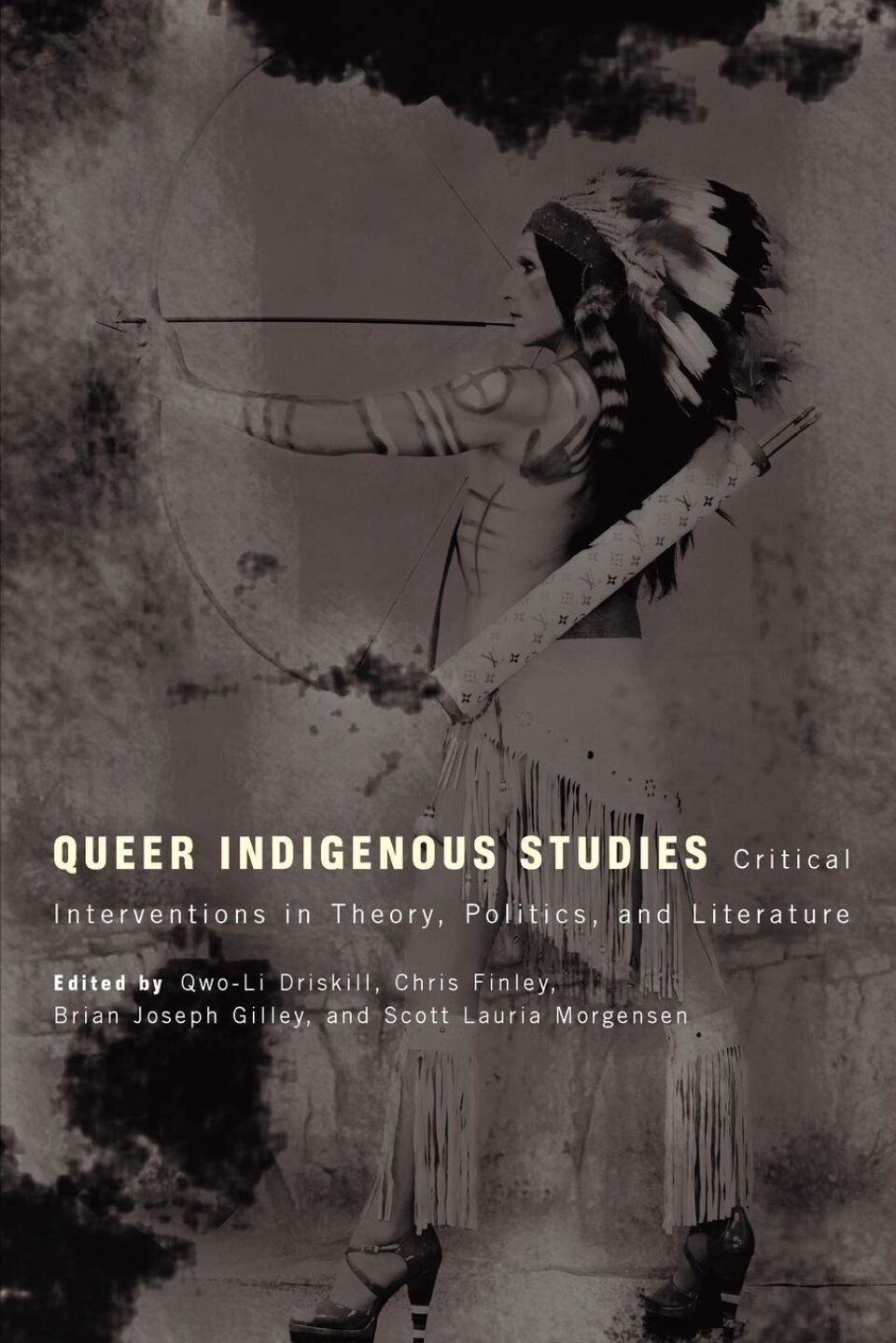
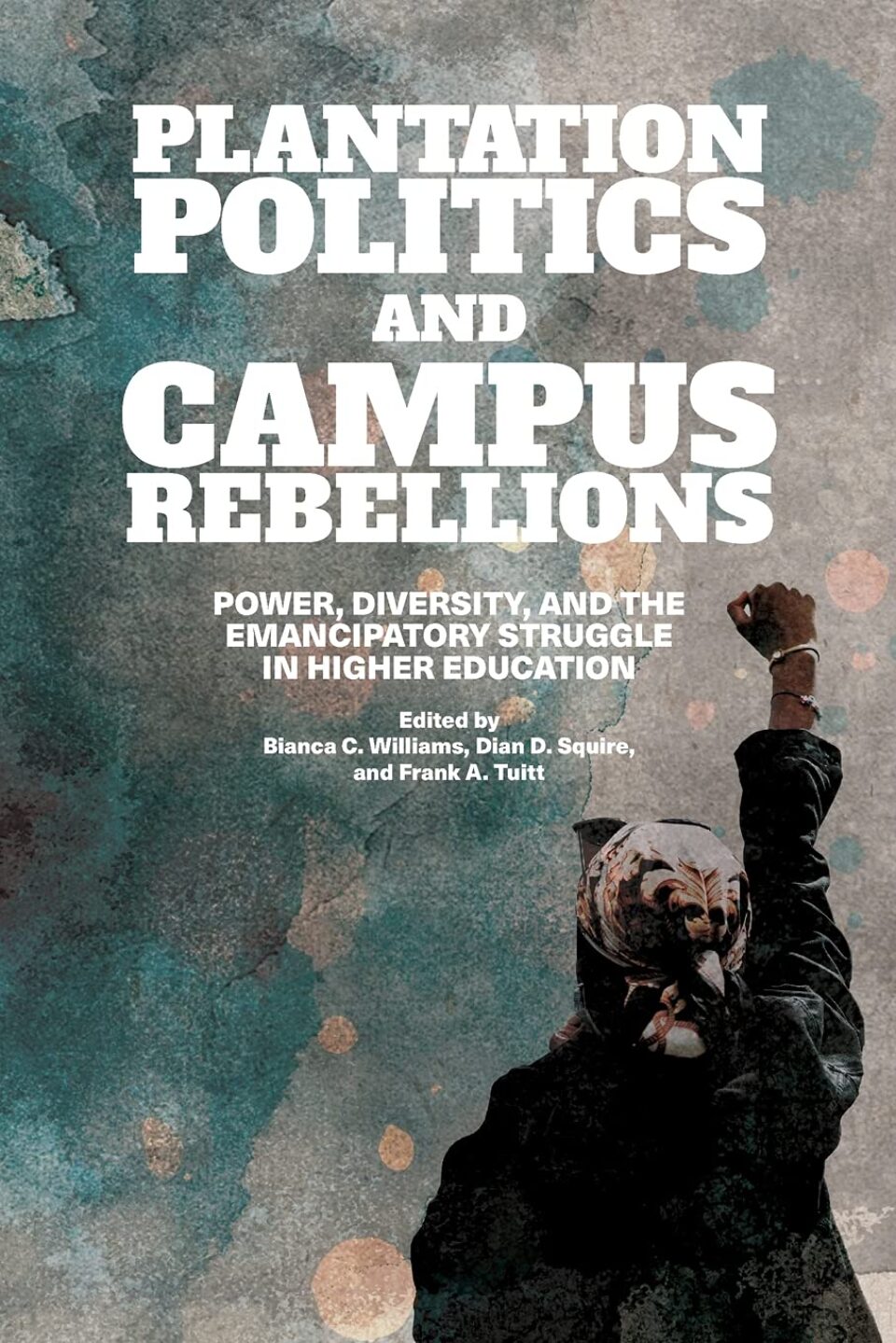
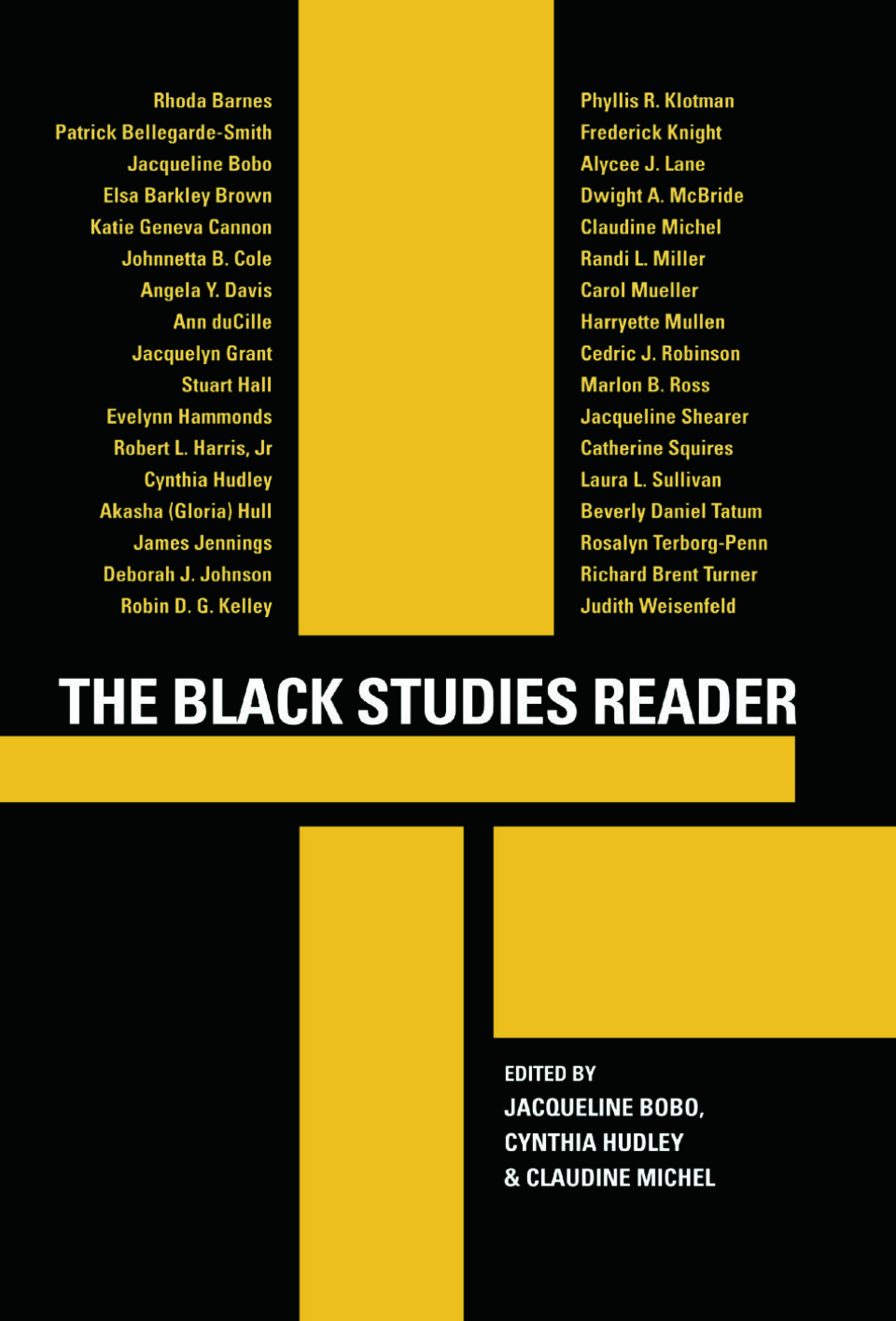
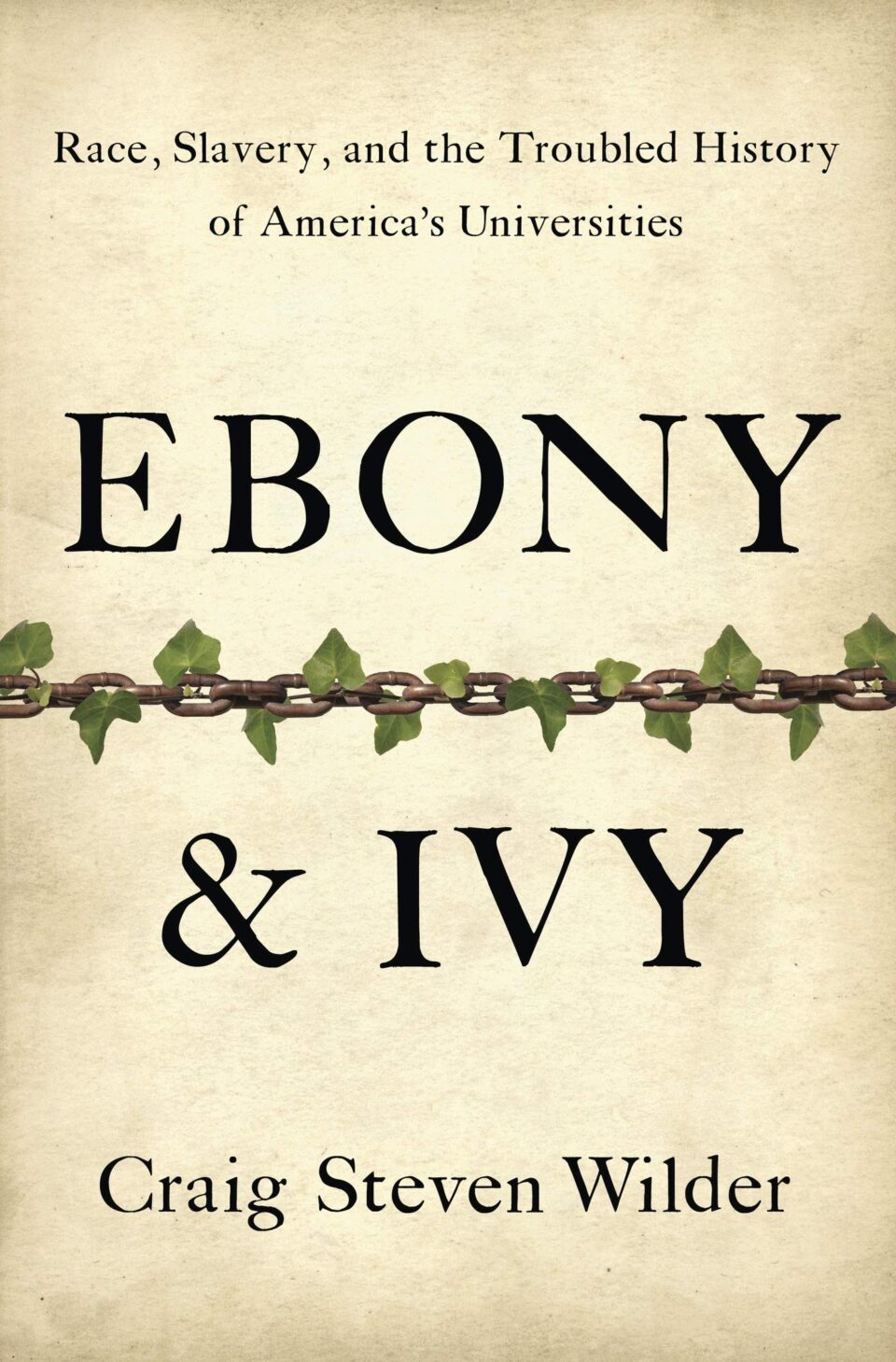
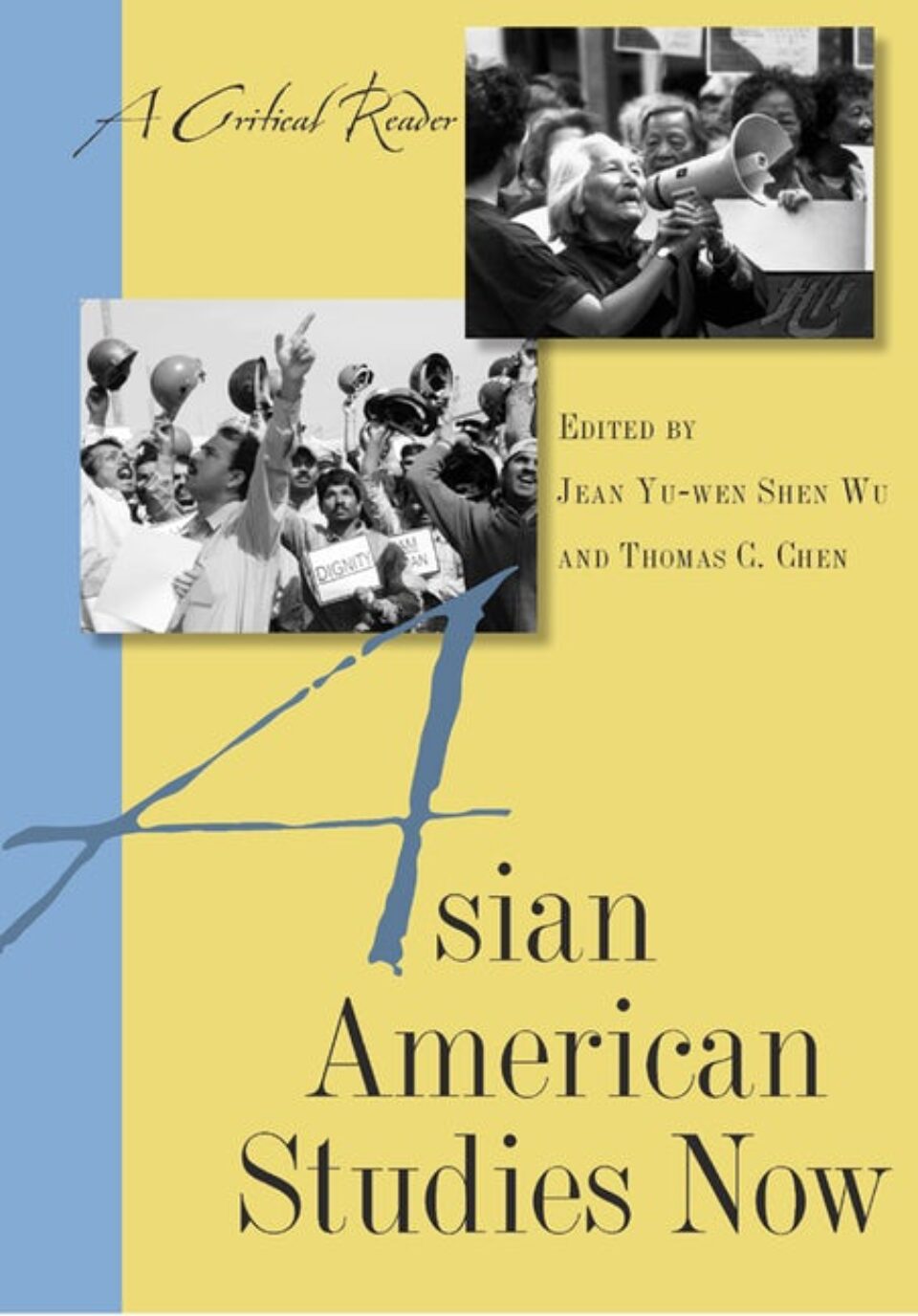
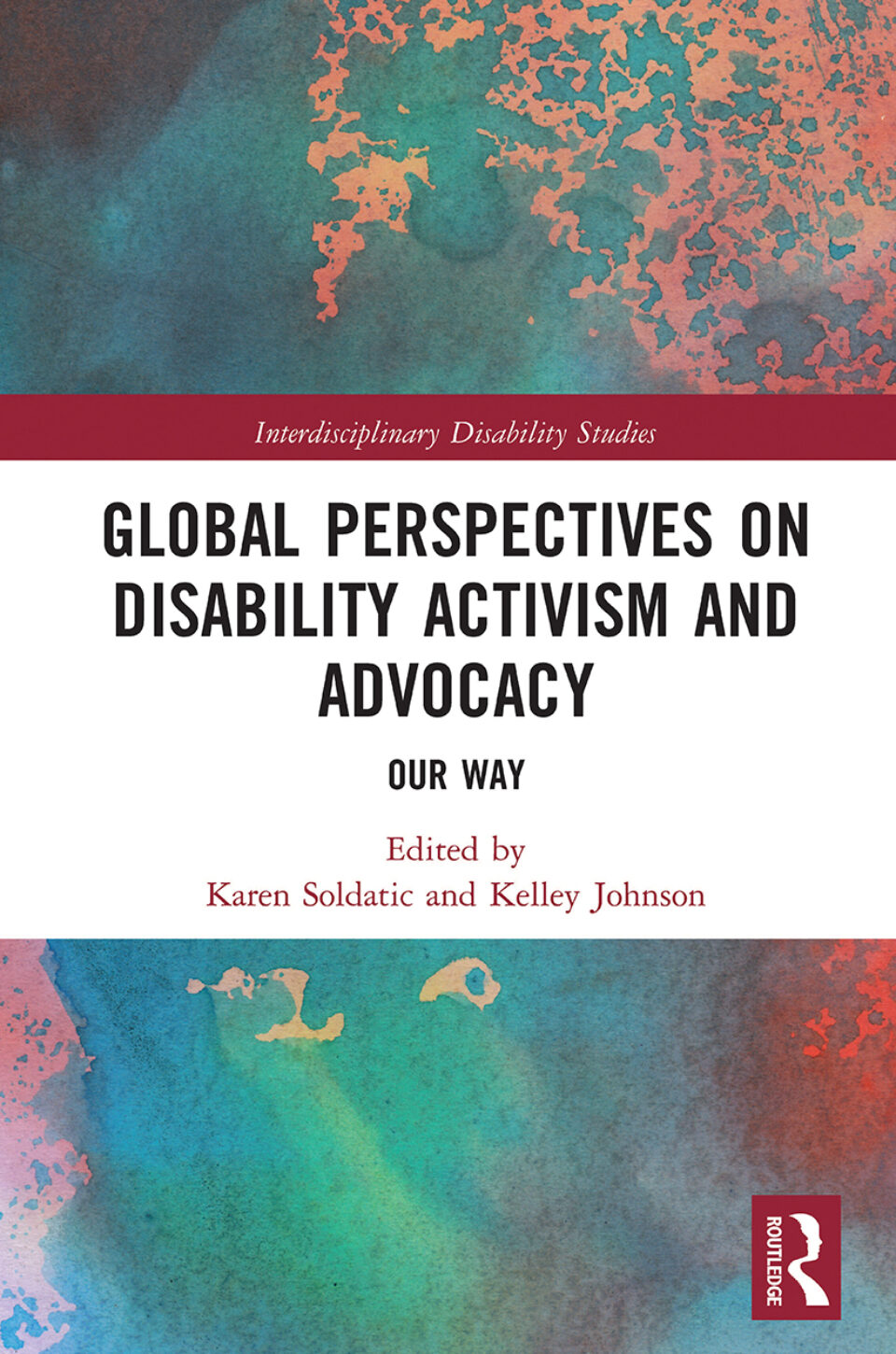
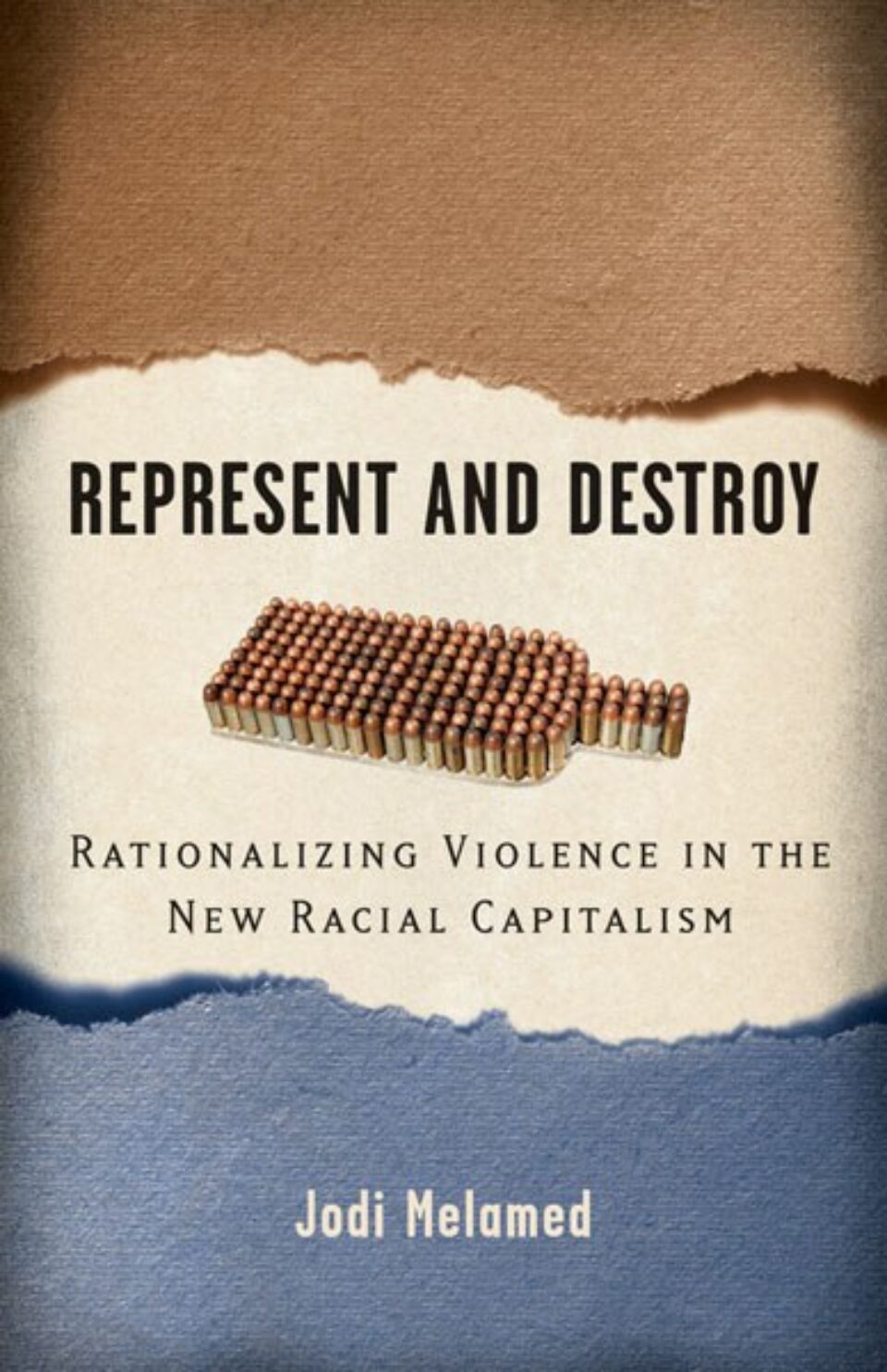
We invite you to browse these student-curated bibliographies on:
- Critical University Studies
- Radical/Critical Pedagogies
- Beyond Standard DEI
- Student Movements and Insurgent Knowledges for Radical Transformation
- Academic institutions: participation in, benefitting from slavery, labor exploitation, land grabs, other colonial practices
Please suggest additional books, articles, talks, discussions, etc, by filling out this Google Form.
Critical University Studies
These works critically examine how academia contributes to/reproduces hierarchies of power that order race and other categories of difference. Critical University Studies investigates how these dynamics of power are embedded in projects of knowledge production.
Sara Ahmed, On Being Included: Racism and Diversity in Institutional Life, Duke University Press, 2012.
Sonja Arndt and Carl Mika. “Dissident Thought: A Decolonising Framework for Revolt in the University.” In The Thinking University: A Philosophical Examination of Thought and Higher Education, edited by Søren S.E. Bengtsen and Ronald Barnett, 47–60. New York: Springer, 2018.
Abigail Boggs and Nick Mitchell, Critical University Studies and the Crisis Consensus, Feminist Studies, 2018.
Abigail Boggs, Eli Meyerhoff, Nick Mitchell, and Zach Schwartz-Weinstein, Abolitionist University Studies: An Invitation, Abolition Journal, 2019.
Piya Chatterjee and Sunaina Maira, The Imperial University: Academic Repression and Scholarly Dissent, University of Minnesota Press, 2014.
Cops Off Campus Research Project
**not a journal article/book, but could be an excellent starting point for reckoning with Macalester’s own relationship to policing
Decolonizing the University (University of Cape Town, South Africa) – Panel Discussion:
Jennifer Doyle, Campus Sex, Campus Security, MIT Press, 2015.
Roderick Ferguson, The Reorder of Things: The University and Its Pedagogies of Minority Difference, University of Minnesota Press, 2012
Roderick Ferguson and Jodi Melamed, Academic Freedom with Violence: A Response to the AAUP Journal of Academic Freedom, Vol 4, Journal of Academic Freedom, 2013
Roderick Ferguson and Nick Mitchell, Critical University Studies video.
Lorgia García-Peña and Mordecai Lyon, Decolonizing the University, Boston Review, 2020.
Sandy Grande,ed., Red Pedagogy: Native American Social and Political Thought, Rowman & Littlefield, 2015
Sandy Grande, “Refusing the University,” Toward What Justice? Describing Diverse Dreams of Justice in Education, eds. Eve Tuck and K. Wayne Yang, Routledge, 2018.
Jennifer Hamer and Clarence Lang, Race, structural violence, and the neoliberal university: The challenges of inhabitation, Critical Sociology, 2015.
Richard G. Jones and Bernadette Marie Calafell, Contesting Neoliberalism through Critical Pedagogy, Intersectional Reflexivity, and Personal Narrative: Queer Tales of Academia, Faculty Research and Creative Activity, 2012.
Anneeth Kaur Hundle, “Decolonizing Diversity: The Transnational Politics of Minority Racial Difference,” Public Culture, 31:2, 2019, pp. 289-322. “[T]his essay (1) offers a vision for a transnational ‘decolonizing diversity’ approach that serves as public and political pedagogy within and outside the university, and (2) provides intellectual and methodological interventions in contemporary manifestations of racialized minority difference–namely, (neo)liberal multicultural formations of diversity. This approach does not local racial difference in the ‘diverse bodies’ and domesticated forms of inclusion in the university, but in the logics of longue durée imperial formations” (289-290).
Anneth Kaur Hundle, Ma Vang, Neama Alamri, Amrit Deol, Danielle Bermúdez, Violet Barton, Gabrielle Cabrera, Brenda Gutierrez, and Clara Medina Maya, Thinking the “Twenty-First Century Neoliberal Research University”: Preliminary Reflections on Opportunity, Risk, and Solidarity at the New University of California, Critical Ethnic Studies, 2019.
la paperson, A Third University is Possible, University of Minnesota Press, 2017.
Jenny J. Lee, U.S. Power in International Higher Education, Rutgers University Press, 2021.
Edwin Mayorga, Lekey Leidecker, & Daniel Orr de Gutierrez, Burn it Down: The Incommensurability of the University and Decolonization, Journal of Critical Thought and Praxis, 2019.
Jodi Melamed, Represent and Destroy: Rationalizing Violence in the New Racial Capitalism, University of Minnesota Press, 2011
Eli Meyerhoff, Beyond Education: Radical Studying for Another World
Nick Mitchell, “Summertime Selves (On Professionalization),” The New Inquiry, Oct. 4, 2019
Fred Moten and Stefano Harney, The Undercommons: Fugitive Planning & Black Study, Minor Compositions, 2013.
Fred Moten and Stefano Harney, The University and the Undercommons: SEVEN THESES. Social Text 1 June 2004; 22 (2 (79)): 101–115.
Louiza Odysseos & Pal, Maïa. (2018). Toward Critical Pedagogies of the International? Student Resistance, Other-Regardedness, and Self-Formation in the Neoliberal University. International Studies Perspectives. 19. 1-26. 10.1093/isp/ekx006.
Dr. Mary Rambaran-Olm, Medieval Studies, White Supremacy and BLM (University of Toronto):
Clelia Rodríguez, Decolonizing Academia: Poverty, Oppression, and Pain, Fernwood Publishing, 2018
Bhakti Shringarpure, “Decolonizing Education: A Conversation with Linda Tuhiwai Smith,” Los Angeles Review of Books, May 18, 2021
Linda Tuhiwai Smith, Decolonizing Methodologies: Research and Indigenous Peoples, Zed Books, 2012
Eve Tuck and K. Wayne Yang, “Decolonization is Not a Metaphor,” Decolonization, Indigeneity, Education & Society, Vol. 1, No. 1, 2012, pp. 1-40
Eve Tuck and K Wayne Yang, eds. Toward What Justice? Describing Diverse Dreams of Justice in Education
Radical/Critical Pedagogies
This section includes works that connect pedagogies to transformations within academia and broader social contexts.
Dolores Delgado Bernal, “Critical Race Theory, Latino Critical Theory, and Critical Raced-Gendered Epistemologies: Recognizing Students of Color as Holders and Creators of Knowledge,” Qualitative Inquiry, Vol. 8, No. 1, 2002, pp. 105-126
bell hooks, Teaching Community: A Pedagogy of Hope, Routledge 2004
bell hooks, Teaching to Transgress: Education as the Practice of Freedom, Routledge 1994
Katrina-Ann R. Kapā’anaokalāokeola Nākoa Oliveira and Erin Kahunawaika’ala Wright, eds., Kanaka ‘Ōiwi Methodologies: Mo’olelo and Metaphor, University of Hawai’i Press, 2016
@maxliboiron, “Decolonizing your syllabus? You might have missed some steps,” Clear, July 2021.
Tania D. Mitchell, “Critical Service-Learning as Social Justice Education: A Case Study of the Citizen Scholars Program,” Equity & Excellence in Education, Vol. 40, 2007, pp. 101-112
Tania D. Mitchell, “How Neoliberal Ideology Fuels Complacency in Civic Engagement” (Comments at the 2013 Conference of the International Association for Research on Service-Learning and Civic Engagement)
Tania D. Mitchell, “Traditional vs. Critical Service-Learning: Engaging the Literature to Differentiate Two Models,” Michigan Journal of Community Service Learning, Spring 2008, pp. 50-65
Beyond Standardized DEI
These works situate many diversity, equity, and inclusion efforts within neoliberal frameworks of education that limit the scope of change.
Ellen C. Berrey, “Why Diversity Became Orthodox in Higher Education, and How it Changed the Meaning of Race on Campus,” Critical Sociology, 37(5):573-596, 2011
Sarah Brown, “Building Diverse Campuses: 4 Key Questions and 4 Case Studies,” Chronicle of Higher Education, 2021.
Amna Khalid, “How Students Are Furthering Academe’s Corporatization,” Chronicle of Higher Education, May 4, 2021.
Amna Khalid and Jeffrey Aaron Snyder, “Don’t Mistake Training for Education,” Inside Higher Ed, April 29, 2021.
Dian D. Squire, Bianca C. Williams, and Frank Tuitt, “Plantation Politics on Today’s Campuses,” Inside Higher Ed, August 28, 2020. explores how some academic institutions use ideologies and strategies from the past to control, repress and surveil Black people.
Frank Dobbin and Alexandra Kalev, “Why Doesn’t Diversity Training Work?“Anthropology Now, Oct. 27, 2018. [H]undreds of studies dating back to the 1930s suggest that antibias training does not reduce bias, alter behavior or change the workplace…. Despite the poor showing of antibias training in academic studies, it remains the go-to solution for corporate executives and university administrators facing public relations crises, campus intolerance and slow progress on diversifying the executive and faculty ranks. Why is diversity training not more effective? If we can answer that question, perhaps we can fix it. Five different lines of research suggest why it may fail.
Tuba Özkan-Haller, “A Better Approach to Diversity Training for Faculty,” Higher Ed Dive, June 1, 2021. [D]iversifying the campus community and improving the campus experience of underrepresented people will take more than providing training to faculty and administrators…. A first step colleges and universities can take is to ensure that their faculty and administrators understand the historical, structural and systemic ways in which racism, sexism and other forms of discrimination manifest themselves in academia…. [C]olleges and universities need to create a framework for faculty to examine the policies, practices, norms and assumptions that form the institutional structures that are preventing change within academia.
J.C. Pan, “Why Diversity Training Isn’t Enough,” The New Republic, Jan. 7, 2020. While ruminating on one’s internalized prejudices may require some psychological heavy lifting, there’s little evidence that it helps produce or sustain material change. And though whiteness educators like DiAngelo may employ the radical-sounding language of critical race theory, self-reflection is ultimately a much easier undertaking than working to build a durable political coalition that actually has the leverage to remake society…. [S]elf-reflection is ultimately a much easier undertaking than working to build a durable political coalition that actually has the leverage to remake society.
Student Movements and Insurgent Knowledges for Radical Transformation
Works in this section connect student movements and broader social movements to the push for deep changes in academia.
Student Activism, Student Movements, and Transformation of Higher Ed (general)
- Ty-Ron M.O. Douglas, Kmt G. Shockley, and Ivory Toldson, Eds. Campus Uprisings: How Student Activists and Collegiate Leaders Resist Racism and Create Hope, Teachers College Press, 2020
- Roderick Ferguson, We Demand: The University and Student Protests, University of California Press, 2017.
- Bianca Williams, Dian D. Squire, and Frank A. Tuitt, eds. Plantation Politics and Campus Rebellions: Power, Diversity, and the Emancipatory Struggle in HIgher Education, SUNY Press, 2021
Ethnic Studies and Activism
- Philip G. Altbach and Robert Cohen. “American Student Activism: The Post-Sixties Transformation.” The Journal of Higher Education, vol. 61, no. 1, 1990, pp. 32–49. JSTOR, www.jstor.org/stable/1982033. Accessed 19 Feb. 2021.
- Melinda Anderson, “The Value of Ethnic Studies–For All Students”, Learning For Justice, January 15, 2015.
- Mikaila Mariel Lemonik Arthur, Student Activism and Curricular Change in Higher Education, Routledge, 2016.
- “The Long, Bloody Strike For Ethnic Studies” August 5, 2020. Episode from NPR’s Code Switch podcast.
Critical Ethnic Studies
- Nada Elia, Daved M. Hernández, Jodi Kim, Shana L. Redmond, Dylan Rodríguez, and Sarita Echavez See, Critical Ethnic Studies: A Reader, Duke University Press, 2016
Third World Studies
- Maya Hiebert, “Third World Liberation Front (TWLF)”, Cornell blog, December 7, 2018.
- Gary Okihiro, Third World Studies: Theorizing Liberation, Duke University Press, 2016
Black Studies
- Jacqueline Bobo, Cynthia Hudley, and Claudine Michel, eds., The Black Studies Reader, Routledge, 2004
- Martha Biondi, Black Revolution on Campus, University of California Press, 2012.
- Gloria T. Hull, Patricia Bell-Scott, and Barbara Smith, eds., But Some of Us Are Brave: Black Women’s Studies, The Feminist Press at CUNY, 2015
- E. Patrick Johnson and Mae G. Henderson, Black Queer Studies: A Critical Anthology, Duke University Press, 2005
- Ibram X. Kendi, The Black Campus Movement: Black Students and the Racial Reconstitution of Higher Education, 1965–1972, Palgrave Macmillan, 2012.
- Joshua Myers, We Are Worth Fighting For: A History of the Howard University Student Protest of 1989, NYU Press, 2019.
- Fabio Rojas, From Black Power to Black Studies: How a Radical Social Movement Became an Academic Discipline, The Johns Hopkins University Press, 2007.
Indigenous Studies
- Qwo-Li Driskill, Chris Finley, Brain Joseph Gilley, and Scott Lauria Morgensen, eds., Queer Indigenous Studies: Critical Interventions in Theory, Politics, and Literature, University of Arizona Press, 2011
- Brendan Hokowhitu, Aileen Moreton-Robinson, Linda Tuhiwai-Smith, Chris Anderson, and Steve Larkin, eds., Routledge Handbook of Critical Indigenous Studies, Routledge, 2020
- Aileen Moreton-Robinson, ed., Critical Indigenous Studies: Engagements in First World Locations, University of Arizona Press, 2016
- Linda Tuhiwai Smith, Eve Tuck, and K. Wayne Yang, Indigenous and Decolonizing Studies in Education: Mapping the Long View, Routledge, 2019
Black and Indigenous Studies
- Juliet Hooker, Black and Indigenous Resistance in the Americas: From Multiculturalism to Racist Backlash, Lexington Books, 2020.
- Tiffany Lethabo King, The Black Shoals: Offshore Formations of Black and Native Studies, Duke University Press, 2019
- Tiffany Lethabo King, Jenell Navarro, and Andrea Smith, eds., Otherwise Worlds: Against Settler Colonialism and Anti-Blackness, Duke University Press, 2020
Black Studies and Women’s Studies
- How and Why Did Women in SNCC (the Student Non-Violent Coordinating Committee) Author a Pathbreaking Feminist Manifesto, 1964-1965?, Documents selected and interpreted by Kathryn Kish Sklar and Elaine DeLott Baker. Headnotes to documents written by Elaine DeLott Baker. (Alexandria, VA: Alexander Street Press, 2015).
Chicano Studies
- Maylei Blackwell, ¡Chicana Power!: Contested Histories of Feminism in the Chicano Movement, University of Texas Press, 2011
- Francisco Lomeli, Denise Segura, and Elyette Benjamin-Labarthe, eds., Routledge Handbook of Chicana/o Studies, Routledge, 2020
- Carlos Muñoz, Youth, Identity, Power: The Chicano Movement, Verso Books, 2007
- Chon Noriega, Eric Avila, Karen Mary Davalos, Chela Sandoval, Rafael Pérez-Torres, and Charlene Villaseñor Black, eds., The Chicano Studies Reader: An Anthology of Aztlan, 1970-2019, University of Washington Press, 2020
- Roberto Rodriguez, “The Origins and History of the Chicano Movement.” JSRI Occasional Paper #7. The Julian Samora Research Institute, Michigan State University, East Lansing, Michigan, 1996.
- Daniel G. Solorzano and Dolores Delgado Bernal, “Examining Transformational Resistance Through a Critical Race and LatCrit Theory Framework: Chicana and Chicano Students in an Urban Context,” Urban Education, Vol. 36, No. 3, May 2001, 308-342
Asian American Studies
- Russell Jeung, Karen Umemoto, Harvey Dong, Eric Mar, Lisa Hirai Tsuchitani, and Arnold Pan, Mountain Movers: Student Activism and the Emergence of Asian American Studies, Asian American Studies Center, 2019.
- Steven G. Louie and Glenn K. Omatsu, eds., Asian Americans: The Movement and the Moment, UCLA Asian American Studies Center, 2001
- Daryl Joji Maeda. The Asian American Movement. Oxford Research Encyclopedia of American History. June 09, 2016. Oxford University Press. Date of access 8 Feb. 2021.
- Daryl Joji Maeda, Rethinking the Asian American Movement, Routledge, 2011
- Jean Yu-Wen Shen Wu and Thomas Chen, eds., Asian American Studies Now: A Critical Reader, Rutgers University Press, 2010
Disability Studies
- Maria Berghs, Tsitsi Chataika, Yahya El-Lahib, and Kudakwashe Dube, eds. The Routledge Handbook of Disability Activism, CRC Press, 2020.
- Rebecca C. Cory, Julia M. White, Zosha Stuckey, “Using Disability Studies Theory to Change Disability Services: A Case Study in Student Activism,” Journal of Postsecondary Education and Disability, Vol. 23, No. 1, 2010
- Critical Disability Studies Collective, University of Minnesota
- Lennard J. Davis, ed. The Disability Studies Reader, Routledge, 2013.
- Kristina R. Knoll, Feminist Disability Studies: Theoretical Debates, Activism, Identity Politics, & Coalition Building, Dissertation, University of Washington, 2012
- Alison Sheldon, “Disabling the Disabled People’s Movement? The influence of Disability Studies on the struggle for liberation,” Draft plenary paper for the 3rd Disability Studies Association conference, Lancaster, UK, 2006.
- Karen Soldatic and Kelley Johnson, eds. Global Perspectives on Disability Activism and Advocacy: Our Way. Routledge, 2019.
Queer Studies
- Linda Garber, “On the Evolution of Queer Studies: Lesbian Feminism, Queer Theory, and Globalization,” Intersections Between Feminist and Queer Theory, 2006.
- William Germano, “Queer Activism vs. Queer Theory,” The Chronicle of Higher Education, Jan. 29, 2012.
- Brenna Munro and Gema Pérez-Sánchez, eds., Thinking Queer Activism Transnationally, special edition of The Scholar & Feminist Online webjournal, 2017.
- Ana Cristina Santos, “Social Movements, Queer Studies and Citizenship: Exploring Theoretical Intersections,” Social Movements and Sexual Citizenship in Southern Europe, 2013.
Histories of academic institutions: Slavery, land grabs, colonial practice
This section includes works that investigate the role of academic institutions in enslavement, exploitation, the stealing of lands and displacement of Indigenous peoples.
General
- Tom Almeroth-Williams, “The Great University Land Grab,” The University of Cambridge
- Alyssa Bralower and Allison Rowe, “Land Grant: Complicating Institutional Legacies”
- Association of Public Land-Grant Colleges, “Statement of Land Acknowledgement”
- Kalen Goodluck, Tristan Ahtone, and Robert Lee, “The Land-Grant Universities Still Profiting Off Indigenous Homelands,” High Country News, April 18, 2020
- Bernard Mehl, “Academic Colonialism–A New Look”. The Association for Supervision and Curriculum Development, 1969. Date of access 8 Feb. 2021.
- Craig Steven Wilder, Ebony & Ivy: Race, Slavery, and the Troubled History of America’s Universities, Bloomsbury Press, 2013
- “How Slavery Shaped America’s Oldest and Most Elite Colleges,” September 17, 2013. Episode from NPR’s CODE SWITCH podcast.
- Harris, Leslie M. “Higher Education’s Reckoning with Slavery”, American Association of University Professors (aaup), 2020.
- Robert Lee and Tristan Ahtone, “Land Grab Universities: Expropriated Indigenous land is the foundation of the land-grant university system,” High Country News, Mar. 30, 2020
- Robert Lee, Tristan Ahtone, Margaret Pearce, Kalen Goodluck, Geoff McGhee, Cody Leff, Katherine Lampher, and Taryn Salinas, “Land Grab Universities: How the United States Funded Land Grant Universities with Expropriated Indigenous Land,” High Country News.
- Margaret A. Nash, “The Dark History of Land-Grant Universities,” The Washington Post, Nov. 8, 2019
- Margaret A. Nash, Entangled Pasts: Land-Grant Colleges and American Indian Dispossession, Cambridge University Press, 2019.
- Leigh Patel, No Study Without Struggle: Confronting Settler Colonialism in Higher Ed, Beacon Press, 2021. “Using campus social justice movements as an entry point, Leigh Patel shows how the struggles in higher education often directly challenged the tension between narratives of education as a pathway to improvement and the structural reality of settler colonialism that creates and protects wealth for a select few. Through original research and interviews with activists and organizers from Black Lives Matter, The Black Panther party, the Student Nonviolent Coordinating Committee, the Combahee River Collective, and the Young Lords, Patel argues that the struggle on campuses reflect a starting point for higher education to confront settler strategies. She reveals how blurring the histories of slavery and Indigenous removal only traps us in history and perpetuates race, class, and gender inequalities. By acknowledging and challenging settler colonialism, Patel outlines the importance of understanding the relationship between the struggle and study and how this understanding is vital for societal improvement.”
- Stephen Smith and Kate Ellis, “Shackled Legacy: History shows slavery helped build many U.S. colleges and universities,” American Public Media, Sept. 4, 2017
- Sharon Stein, A Colonial History of the Higher Education Present: Rethinking Land-Grant Institutions through Processes of Accumulation and Relations of Conquest, Critical Studies in Education, 2017.
Specific Institutions
- Brown University Steering Committee on Slavery and Justice
- Columbia University, Columbia University & Slavery
- Dartmouth College: Cristian Cano, A Complicated History: Slavery at Dartmouth. The Dartmouth, 2020.
- Georgetown University: Adam Rothman, Georgetown University and the Business of Slavery, Washington History, 2017.
- Harvard University: Sven Beckert and Katherine Stevens. Harvard and Slavery: Seeking a Forgotten History. Cambridge, Mass: Harvard University, 2011. Print.
- Princeton University, The Princeton & Slavery Project
- Rutgers University. Committee on Enslaved and Disenfranchised Populations in Rutgers History, Scarlet and Black: An Exploration of the African-American and Native American Experience at Rutgers.
- Vol. 1, eds. Marisa J. Fuentes and Deborah Gray White, Scarlet and Black: Slavery and Dispossession in Rutgers History, Rutgers University Press, 2016.
- Vol. 2, eds. Kendra Boyd, Marisa J. Fuentes, Deborah Gray White, Scarlet and Black: Constructing Race and Gender at Rutgers, 1865-1945, Rutgers University Press, 2020.
- Vol. 3, eds. Miya Carey, Marisa J. Fuentes, Deborah Gray White, Scarlet and Black: Making Black Lives Matter at Rutgers, 1945-2020, Rutgers University Press, 2021.
- Scarlet and Black Project Digital Archive.
- University of Virginia: Brendan Wolfe. Unearthing Slavery at the University of Virignia. Spring 2013. UVA Magazine
- Washington and Lee University. Institutional History.
- Yale University, Understanding Yale and its History with Slavery